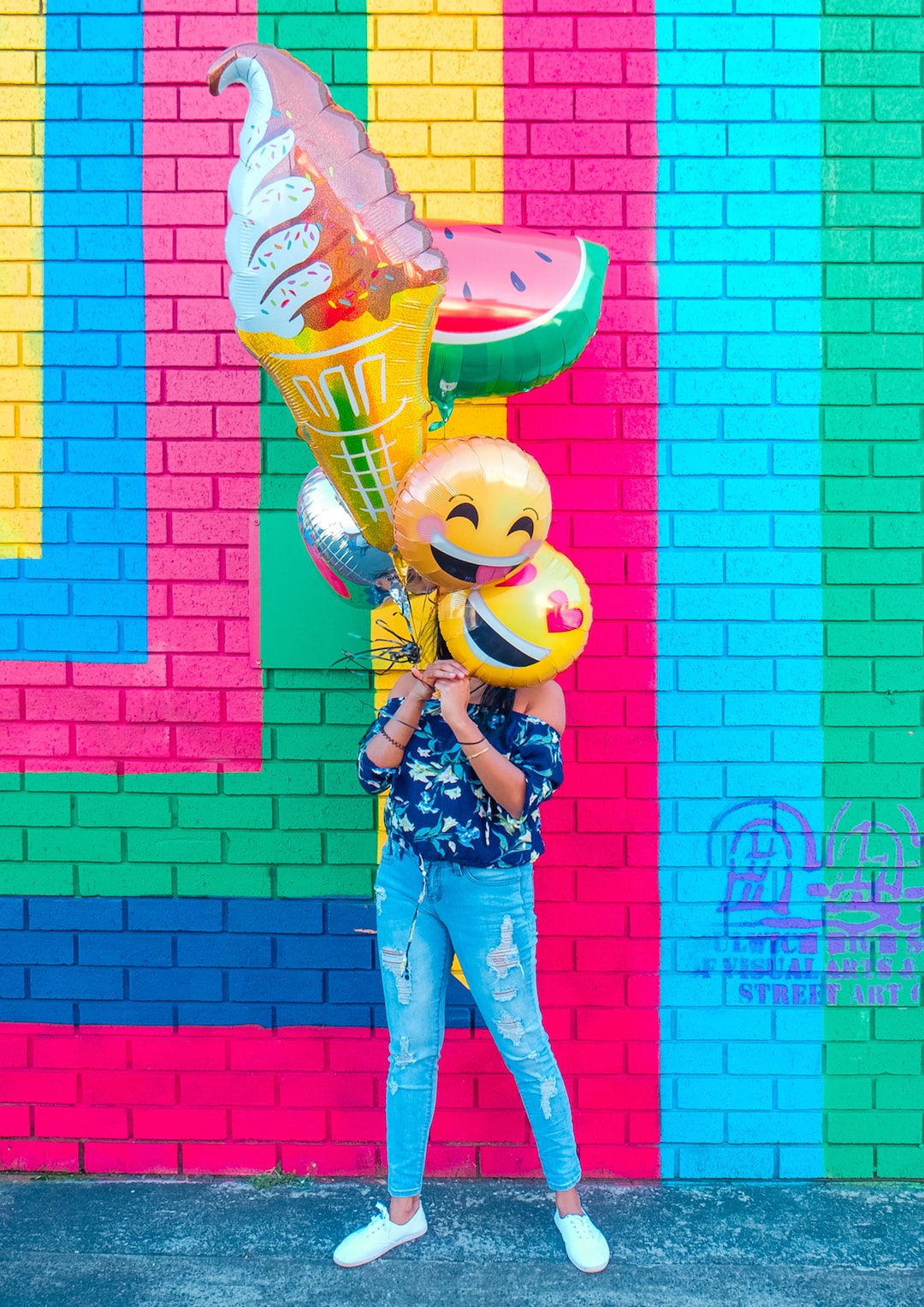The Influence of Social Media on Fashion Trends
In today’s digital age, social media has become an integral part of our lives. It has transformed the way we communicate, connect, and even how we perceive and follow fashion trends. From influencers to fashion brands, social media has had a significant influence on the fashion industry, shaping and redefining trends like never before.
One of the most prominent ways in which social media has influenced fashion is through the rise of influencers. These individuals, with their vast number of followers, have the power to sway fashion trends and consumer choices. By creating captivating content and visually appealing images, influencers have become key players in the fashion world. Their ability to connect with their audience on a personal level has helped them develop loyal followings who look to them for inspiration and style advice.
Platforms like Instagram have become a hub for fashion inspiration, where users can discover new trends and follow their favorite influencers’ daily style. Fashion bloggers and micro-influencers have gained popularity for their relatable and accessible content, showcasing fashion in a way that is more attainable to the average consumer. Through carefully curated feeds, these fashion influencers have brought a fresh perspective to the industry, democratizing fashion and breaking down traditional barriers.
Moreover, social media platforms have become breeding grounds for new fashion trends. Gone are the days when runway shows and fashion magazines were the sole sources of inspiration. Now, anyone with a smartphone can be a trendsetter. Street style, once reserved for fashion weeks and elite circles, has been democratized through platforms like TikTok and Snapchat. Fashion enthusiasts can now share their unique and individual styles with the world, creating a melting pot of influences and fashion ideas.
Social media has also given a voice to marginalized communities and challenged traditional beauty standards. With the hashtag movements like #bodypositivity and #diversityin fashion, users are demanding representation and inclusivity in the industry. Fashion brands are gradually responding to these evolving demands and starting to feature a wider range of body shapes, sizes, and ethnicities in their campaigns. The power of social media in creating this shift is undeniable, as it amplifies voices that have been traditionally marginalized and overlooked.
The speed and accessibility of social media have also accelerated the fashion cycle. With live streams and real-time updates from fashion weeks, consumers are no longer left waiting for fashion magazines to unveil the latest trends. They can see and share fashion moments instantly, which has created a demand for instant gratification and constant novelty. As a result, fast fashion brands have emerged, catering to the needs of consumers who want to stay on top of the latest trends without breaking the bank.
However, with the positives come some negatives. The influence of social media on fashion trends has led to an increase in consumerism and wastefulness. The need to constantly update one’s wardrobe to keep up with the latest trends can contribute to a throwaway culture, where clothes are bought, worn once, and discarded. This has significant environmental implications, as the fashion industry is already one of the largest contributors to pollution and waste.
Furthermore, the pressure to look a certain way and keep up with the fashion trends promoted on social media has created a sense of insecurity and anxiety among many users. The constant comparison and fear of missing out on the latest styles can take a toll on one’s mental health. It is crucial to recognize the curated nature of social media and it’s not always an accurate reflection of reality.
In conclusion, social media has undeniably revolutionized the fashion industry. The rise of influencers, the democratization of fashion, and the demand for representation have reshaped trends and dictated consumer choices. However, it is essential to approach social media with caution and not get swept up in the pressure to conform. It is essential to remember that fashion is a form of self-expression and personal style should always take priority over fleeting trends. So while social media can be a valuable tool for inspiration, it is important to stay true to oneself and use fashion as a means of self-empowerment.
